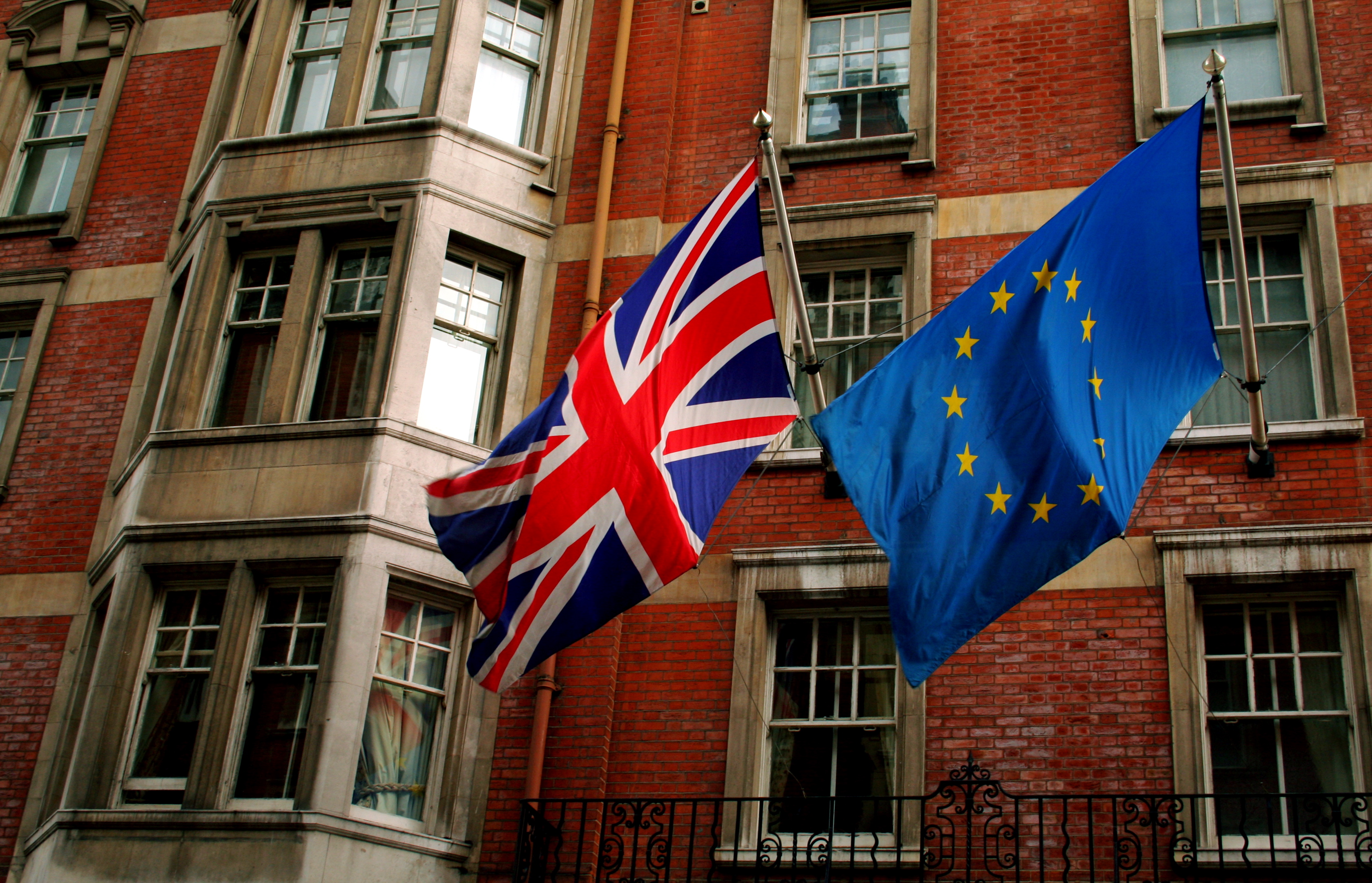This article is produced by the National Assembly of Wales’ European and Constitutional Affairs team as part of its work to keep its stakeholders up to date and informed on the ongoing negotiations on Brexit. This is part one of a two part blog on the UK Government’s Safeguarding the position of EU citizens living in the UK and UK nationals living in the EU policy paper. This sets out the context of the paper, while part two sets out the substance of it.
Background
 The UK Government have released this policy paper on EU citizen rights as part of its negotiations with the European Union (EU) regarding the UK’s exit from the EU. Safeguarding and clarifying the rights of EU citizens living in the UK and UK nationals living in the EU has been a stated negotiation priority for both the EU and the UK Government.
The UK Government have released this policy paper on EU citizen rights as part of its negotiations with the European Union (EU) regarding the UK’s exit from the EU. Safeguarding and clarifying the rights of EU citizens living in the UK and UK nationals living in the EU has been a stated negotiation priority for both the EU and the UK Government.
On 12 January ‘securing rights for EU nationals in the UK and UK nationals in the EU’ was one of the 12 negotiating priorities set out by the UK Government. In February 2017, the UK Department for Exiting the European Union released its United Kingdom’s exit from and new partnership with the European Union White Paper, which provided more detail on each of these priorities.
In response to the UK’s letter triggering Article 50, the European Council set out its guidelines for Brexit negotiations in April 2017. A core part of these guidelines was that there would be a ‘phased approach to negotiations’, where the ‘orderly withdrawal’ and ‘disentanglement of the United Kingdom and from the Union’ would be settled before any other negotiations could begin.
In May 2017 the Council of the EU followed these guidelines with ‘negotiating directives’, which clarified the EU aims for the ‘first phase’ of the negotiations. These directives indicated that protecting the rights of EU citizens in the UK:
is the first priority for the negotiations because of the number of people directly affected and of the seriousness of the consequences of the withdrawal for them.
The Welsh Government’s view on the rights of EU Citizens
In January 2017, the Welsh Government and Plaid Cymru set out their views on the rights of EU Citizens post Brexit, in their ‘Securing Wales' Future’ white paper, published . In summary, they believe that:
The rights of EU migrants already living in Wales to remain should be guaranteed immediately and all who live here must be treated with equal respect. We call upon the EU to give a reciprocal guarantee to Welsh and UK citizens living in the EU. We believe that Wales will continue to need migration from EU countries to help sustain our private sector economy and public services. In our view, the key is to ensure that, apart from students and those who are able to sustain themselves independently, freedom of movement of people.
The EU view on the rights of EU Citizens
The Council of the EU has summarised its negotiation directive on EU citizens’ rights online. The EU ‘insists’ that any guarantees of the rights of EU citizens:
should be reciprocal and based on equal treatment among EU27 citizens and compared to UK citizens. This should cover, among others, the right to permanent residence after five years of legal residence, including if this period is incomplete on the date of withdrawal but is completed afterwards. The negotiating directives specify that workers, self-employed persons, students and other inactive persons should be covered, as well as frontier workers and family members. Guarantees should protect residence rights and free movement, as well as all the rights attached to them (such as health care). All rights should be protected for the lifetime of the persons concerned.
Who will be affected by these changes?
The House of Commons Library, recently produced a briefing paper on UK Migration Statistics, based on statistics produced by the Office for National Statistics. The paper highlights that:
Around 3.2 million people living in the UK in 2015 were citizens of another EU country. That’s about 5% of the UK population. A similar proportion were born in the rest of the EU. Of those 3.2 million, an estimated 916,000 are Polish nationals, the largest single nationality from the rest of the EU. They’re followed by an estimated 332,000 Irish nationals and 233,000 Romanians.
The Welsh Government/Plaid Cymru Securing Wales’ Future white paper puts the number of EU migrants in Wales at 79,100 (2.6% of the population). This means that Wales has ‘a smaller share [of migrants] than almost any other part of the UK’. The paper also highlighted that the three EU countries from where the highest number of EU migrants have come from are: Poland (18,000), Ireland (12,000) and Germany (11,000). Securing Wales’ Future suggest that any potential:
restrictions on free movement of people may have less impact in broad aggregate terms (in terms of restricting labour market supply or ‘freeing up’ employment opportunities for UK-born workers) than in other parts of the UK.
However, the paper does states that some sectors of ‘public services and economic sectors’ are vulnerable. In particular:
tourism and manufacturing might be more susceptible than other sectors. It has also been suggested that the Welsh NHS could be vulnerable to restrictions on the number of EEA healthcare professionals working in the UK.
Irish citizens and the Common Travel Area
It is estimated that there are around 12,000 Irish citizens living in Wales and many more in the UK as whole. Their rights are unlikely to be affected by the current negotiations as they are protected under the Common Travel Area (CTA). The CTA is a special travel zone between the Republic of Ireland and the UK, the Isle of Man and the Channel Islands. British and Irish citizens can travel freely within the CTA without being subject to passport controls. The UK’s current position is to
to protect the Common Travel Area arrangements, and Irish citizens residing in the UK will not need to apply for settled status to protect their entitlements. We have also been clear that our exit will in no way impact on the terms of the Belfast Agreement. We will continue to uphold in that context the rights of the people of Northern Ireland to be able to identify as British or Irish, or both, and to hold citizenship accordingly.
Article by Joseph Champion, National Assembly for Wales Research Service
Image from Wikimedia Commons by Dave Kellam. Licensed under Creative Commons
This post is also available as a print-friendly PDF: Safeguarding the position of EU citizens living in the UK and UK nationals living in the EU – what does it mean for Wales? (PDF, 197KB)




